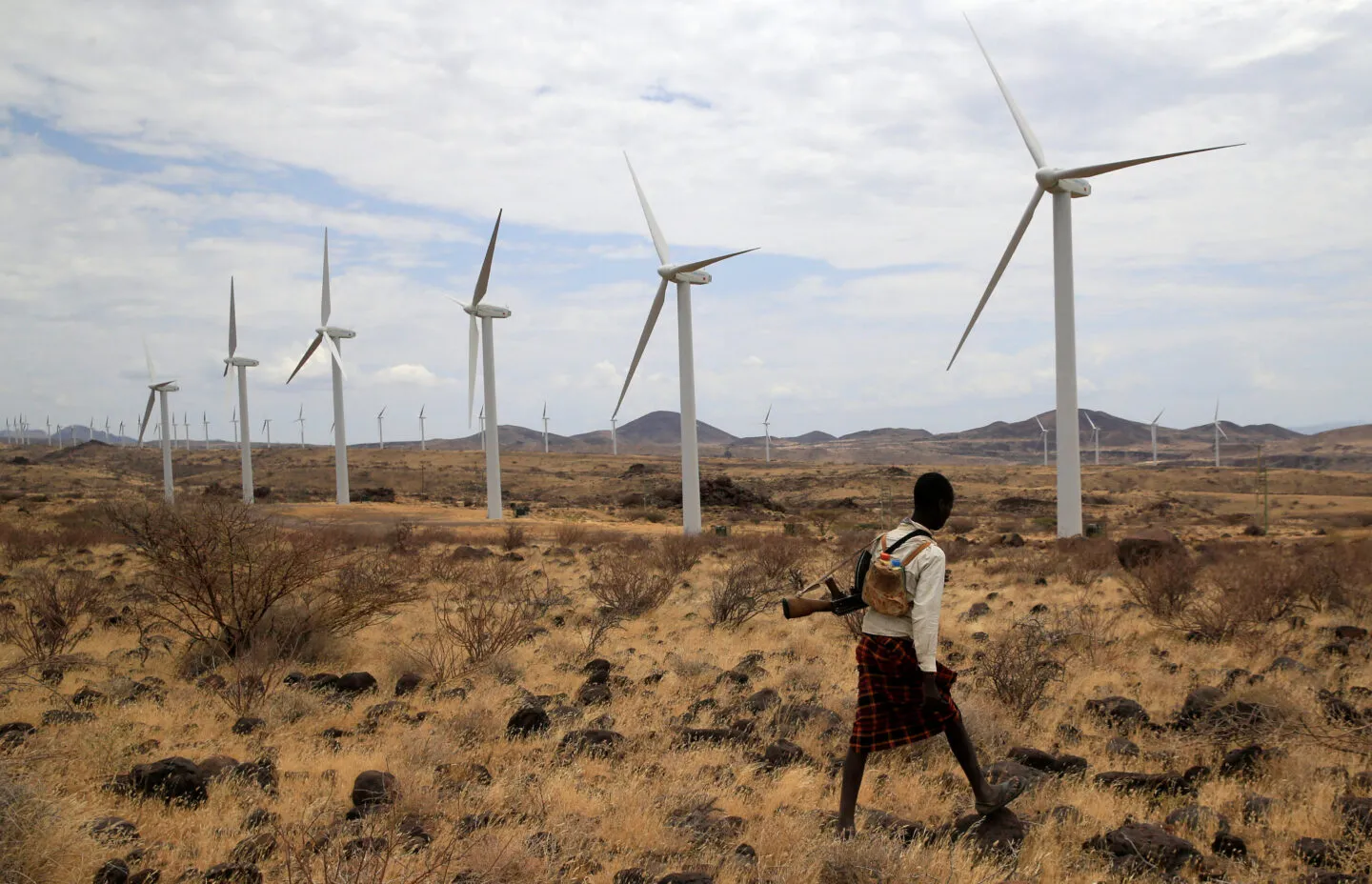
The Africa’s largest climate change meeting held in Addis Ababa closed Wednesday with a call for sustained collaboration with leading institution and investors to maximize renewable energy potential to insulate against risks.
Dubbed: “Accelerating Global Climate Solutions: Financing for Africa’s Resilient and Green Development.” with a call to action, various campaigners urged Africa to take a stand to raise capital for climate investment on clean energy, with a call for lenders to take ta high risk and bolster renewable energy.
While noting that Africa had the least 4 percent emission of Green House Gases, yet highly afflicted by climate change, stakeholders call for urgent redress unlike “the business as usual approach to the recurring impact on environment and humanity.
Admassu Tadesse, president of the Eastern and Southern African Trade and Development Bank (TDB), urged financial institutions to take up the risk of financing clean energy production even when projects were not seen as bankable.
World Bank estimates show glaring disparities in the use andc production of renewable energy amidst the escalating climate change impasse. Around 600 million people in sub-Saharan Africa lack access to electricity.
To close this gap and increase productivity, it analyses, African leaders need to do more than the pledged 300 gigawatts (GW) of renewable capacity planned to be deployed by 2030 from the earlier 56 GW, as part of the 2023 Nairobi Declaration.
Arguably, the proposed output, represents a large jump % per year, says. It notes that since 2022, annual growth has hovered at just above 6%, with more investment still going into fossil fuels unlike renewable energy to boost green growth.
The meeting noted that should prospective investors and lending institutions hold back their financing for renewables, was not ideal for Africa and that they instead, tolerate the risk to financing.
Despite solar energy taking a larger stand in Africa’s solar light provision, an alternative to hydro, with solar panel imports from China jumping 60% in the year to June 2025, measured by capacity.
But Africa’s growth is still lagging behind some other parts of the world. Pakistan, for example, imported more solar panels in that period than the whole African continent.
Tadesse said financial institutions “fixate too much on debt”, with more than 30 African countries in, or at high risk of debt distress, seen as limiting their ability to repay loans.
But to get the ball rolling in the region, financial institutions need to take on more risk, he argued, pointing to blended private-public finance as a potential solution, as well as financial guarantees and other instruments to mitigate risk.
“We are taking some very bold decisions now to put that kind of capital up there to support the [project] developers and promoters who are actually taking a lot of risk,” Tadesse said.
And Wangari Muchiri, director for Africa at the Global Wind Energy Council, stated that policies remain central to attracting investments. African countries should make sure they are “clear, predictable, and easy to understand to give investors’ confidence to bring in large capital into the continent”.
African countries also need to work to boost demand for renewable energy to crowd in more investment. While Chinese firms want to manufacture in Africa, less than 1% of global demand for clean power equipment comes from Africa, with South Africa accounting for half of that – which acts as a disincentive, she added.
“We need to start to build up capacity within Africa” to boost local demand and bring costs down, she told a discussion at the energy investment report launch.
And campaigners at the end of the second climate summit in a communique agreed in unison to seek to Mobilizing Diaspora Investment.
This it was resolved would help leverage for the African Diaspora’s knowledge, capital, and skills for sustainable projects in Africa and CARICOM,
This will chiefly focus on ethical investments in startups, infrastructure, and technology transfer. The meeting further sought to position Africa at the COP 30.
The summit intends to formalize Africa’s posite ion and leadership on climataction ahead of COP30 in Brazil.
They emphasized the need for meaningful action backed by political will and resourcing.
The meeting launched major energy programmes like CEPA and ENGAGE with EU and German funding, emphasizing the need to accelerate Africa’s energy access and just green transition.
It calls for strengthened Africa-CARICOM cooperation in trade and finance, particularly by mobilizing African Diaspora investment into high-impact sectors and projects.
The summit positioned Africa as a leader in climate solutions and called for the continent’s needs to be met at COP30 by stressing the importance of climate finance and genuine partnership from the global community.
Other resolutions saw:
• Energy Access & Green Transition:
The EU and Germany launched two flagship programs to boost Africa’s energy access and accelerate a just green transition.
• CEPA (Continental Energy Programme in Africa): A significant energy program funded by the European Union.
• ENGAGE (Engaging for Africa’s Green Energy Transition): Another key initiative supported by the German Federal Ministry for Economic Cooperation and Development (BMZ).
